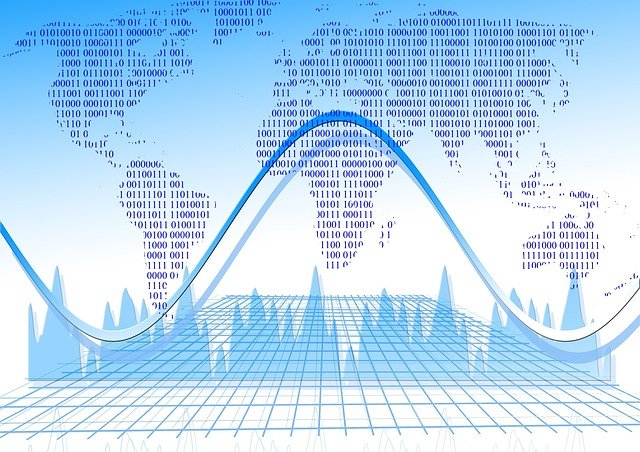The Potential of Big Data in Healthcare
In the era of big data, healthcare is one of the most promising sectors for its potential to change and improve lives. With more and more data being generated every day through electronic health records, patient portals, wearables, and clinical trials, there is a wealth of information that can be used to improve patient care.
There are many potential applications of big data in healthcare, from improving population health to identifying new treatments for rare diseases.
In this blog post, we will explore some of the ways in which big data is being used in healthcare today and the potential benefits it could bring in the future.
1. Improving population health:
Big data can be used to identify patterns and trends in disease incidence and prevalence, which can help to improve population health. For example, data from electronic health records can be used to identify which populations are at risk of certain diseases and target prevention efforts accordingly.
2. Developing new treatments:
Big data can also be used to develop new treatments for diseases. For example, by analyzing large datasets of patient data, researchers can identify new patterns and associations that could lead to the development of new drugs or therapies.
3. Identifying adverse events:
Big data can also be used to identify adverse events, such as drug interactions or side effects. By analyzing large datasets of patient data, researchers can identify potential safety concerns before they become a problem.
4. Improving clinical decision-making:
Big data can also be used to improve clinical decision-making. By providing clinicians with access to large datasets of patient data, they can more easily identify the best course of treatment for each individual patient.
5. Personalized medicine:
Big data can also be used to develop personalized medicine, which is tailored to the individual needs of each patient. By analyzing a patient?s genetic information, researchers can identify which treatments are most likely to be effective for that individual.
6. Improving health outcomes:
Big data has the potential to improve health outcomes by helping to identify and address problems earlier. For example, if a trend is detected in a population?s health data, it can be addressed before it becomes a serious problem.
7. Reducing healthcare costs:
Big data has the potential to reduce healthcare costs by helping to improve the efficiency of care. For example, if a certain condition is more effectively treated with a certain drug, that drug can be prescribed more often, which could lead to cost savings.
8. Improving patient satisfaction:
Big data has the potential to improve patient satisfaction by providing patients with tailored information and care. For example, if a patient?s electronic health record is used to remind them of their next appointment, they are likely to be more satisfied with their care than if they had to remember on their own.
The potential benefits of big data in healthcare are vast. However, it is important to note that there are also some challenges associated with its use. For example, privacy concerns could arise if patient data is used without consent. Additionally, the interpretation of big data can be complex and challenging, which could lead to errors in decision-making. Despite these challenges, the potential benefits of big data in healthcare are too great to ignore and its use is likely to continue to grow in the future.
FAQs:
1. What is big data?
Big data is a term used to describe the large and complex datasets that are being generated by businesses and organizations today. These datasets can come from a variety of sources, including social media, transactions, sensors, and mobile devices.
2. What are the benefits of big data in healthcare?
The benefits of big data in healthcare include improved population health, new treatments for diseases, identification of adverse events, improved clinical decision-making, personalized medicine, and improved health outcomes.
Conclusion:
Big data has the potential to transform healthcare by improving population health, developing new treatments for diseases, and reducing healthcare costs. However, there are also some challenges associated with its use, including privacy concerns and complex data interpretation. Despite these challenges, the potential benefits of big data in healthcare are too great to ignore and its use is likely to continue to grow in the future.
